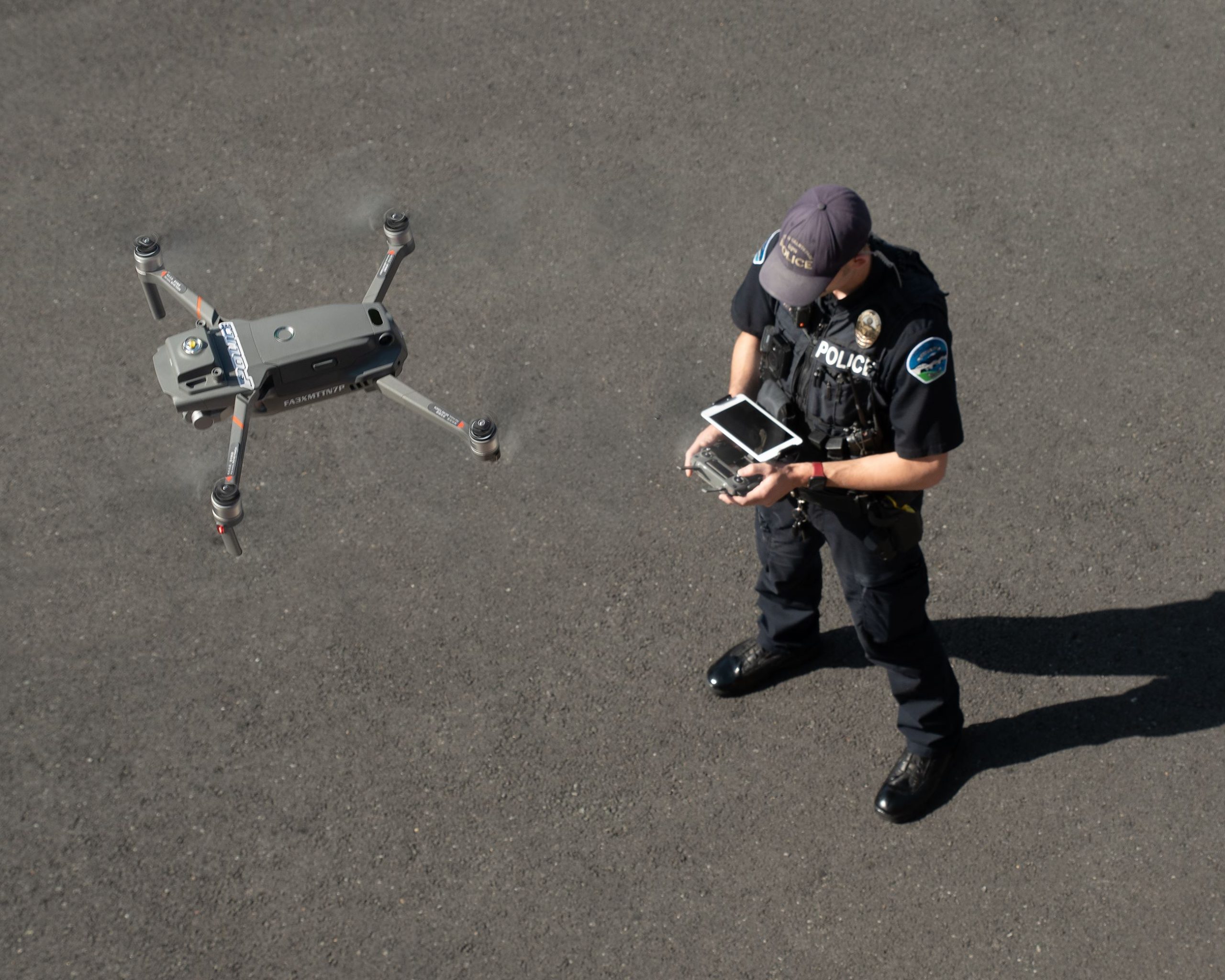Adult Education at New Horizons

The ‘Become a Certificated Remote Pilot’ course at the Center for Apprenticeship and Adult Training (CFAAT) is designed to prepare students for the FAA’s Part 107 Certification, which is required for the commercial operation of drones in the United States. This course provides comprehensive instruction on the key regulations, operational requirements, and safety protocols necessary for flying drones legally and safely under the FAA’s Small UAs Rule.
10/13 – 12/3 Mondays & Wednesdays 5:30 – 8:30 pm
(13400 Woodside Lane Newport News)
Upon successful completion of the course, students will be equipped to sit for the FAA’s Remote Pilot Certificate exam, with a focus on topics like airspace classifications, aviation weather, and UAS operations. This certification is required for anyone wishing to operate drones for commercial purposes, including sectors like aerial photography, surveying, inspections, agriculture, and more.
Key Learning Outcomes
- Regulatory Knowledge: Understand FAA rules and guidelines for drone flight, including airspace restrictions, licensing requirements, and operational limits.
- Safety Protocols: Learn the safety procedures for pre-flight, in-flight, and post-flight operations to minimize risk and ensure safe drone operations.
- Flight Skills: Gain hands-on experience with drone flight, including maneuvering, flight planning, and understanding weather and environmental factors that affect flight.
Career Day to Day
With hands-on training and the FAA Part 107 certification, students completing the Unmanned Aerial Systems course will be prepared for entry-level opportunities in one of today’s fastest-growing tech sectors. Certified drone pilots are in demand across various industries such as agriculture, real estate, construction, public safety, cinematography, surveying, and environmental monitoring.
A drone operator’s day-to-day responsibilities will vary by industry, but typically include planning and executing drone flights, inspecting and maintaining equipment, reviewing aerial data, and ensuring all operations comply with FAA regulations. Tasks may involve collecting aerial imagery, mapping job sites, surveying land, conducting inspections of infrastructure, or supporting emergency response efforts.
Career pathways for certified drone pilots can lead to roles such as aerial survey technician, drone data analyst, flight operations manager, or UAS program coordinator. As technology evolves, the potential for advancement in both technical and leadership roles continues to grow.

